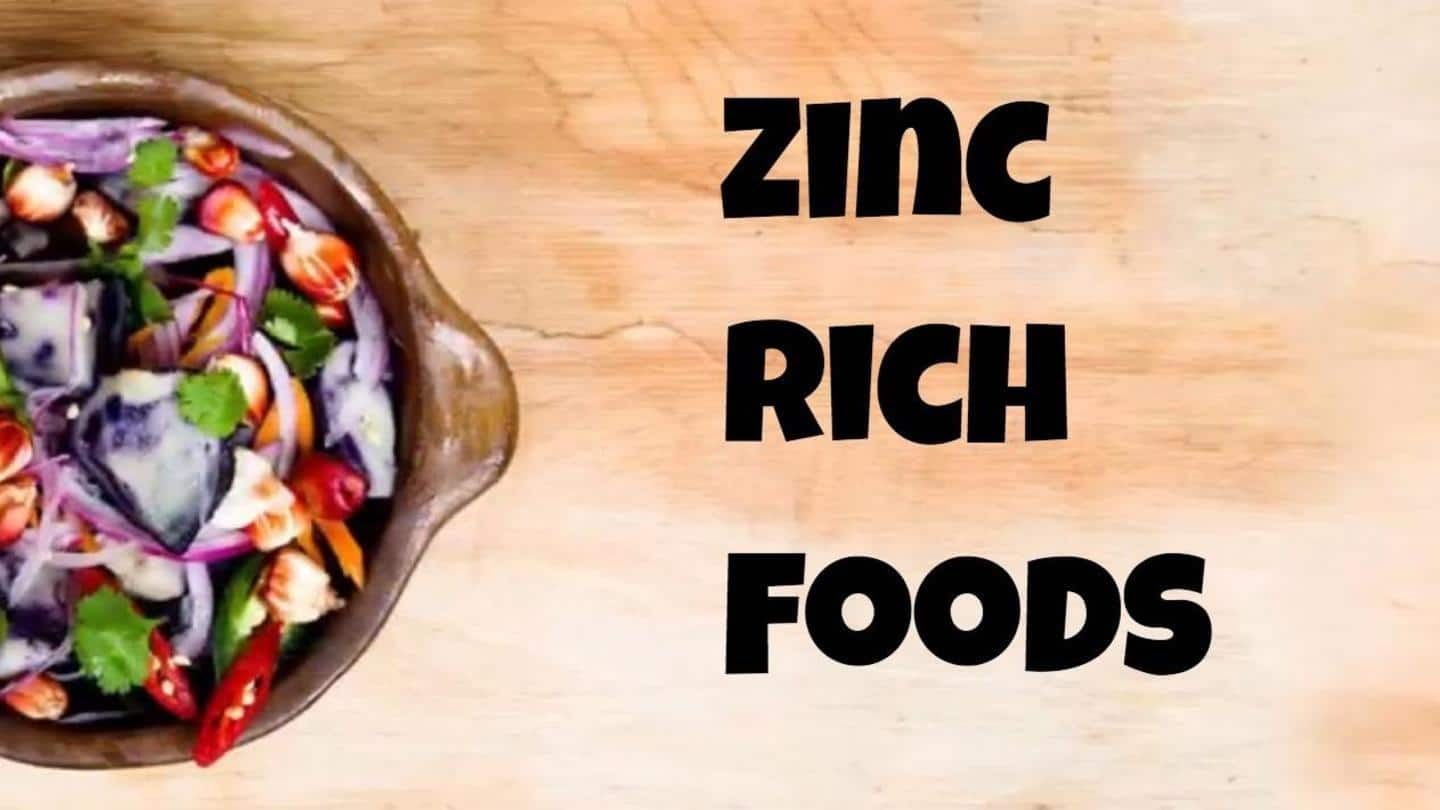
#HealthBytes: How Zinc plays an important role in fighting COVID-19
What's the story
With the COVID-19 still lurching around, the need to boost immunity can't be stressed enough. Apart from Vitamins C & D, Zinc has also been identified as a key element to balance our immune systems. To understand it better, Dr. Soumitra Das - Director, South Asia (Zinc Nutrient Initiative) International Zinc Association, explains in detail the importance of this element and its best sources.
Importance
Zinc is vital for over 300 enzymes in the body
Zinc is associated with many biological functions and is involved in multiple cellular processes. It is also vital for more than 300 enzymes in the body. Further, Zinc plays a key role in protein synthesis, wound healing, DNA synthesis, cell division and is required for proper sense of taste and smell. It is also a key component of WBCs that fight off infections.
Deficiency
Human body cannot produce Zinc, needs to be supplemented
However, despite being an essential nutrient, the human body cannot produce Zinc and so, needs to be supplemented through diet. To add to it, a large percentage of Indians have a lower intake of Zinc than the required levels. Zinc deficiencies are evident by oxidant stress, increased inflammatory process, and life-threatening situations, as well as premature cell death at the cellular and sub-cellular levels.
Sources
Animal based foods are the best sources for Zinc
Animal-based foods are the best sources of Zinc, and oyster tops the chart. Poultry also provide most of the Zinc wherever they are available and consumed. Do note, bioavailability of Zinc in vegetarian diets is lower than that in non-vegetarian diets. But, certain cooking methods like soaking beans, grains, and seeds in water for several hours before cooking increase the bioavailability of Zinc.
Others
Nuts and seeds have a considerable amount of Zinc
Plant-based foods containing a considerable amount of Zinc include walnuts, almonds, cashews and seeds of sunflower, pumpkin, and watermelon. Milk, dairy products, whole grains and legumes are a few other plant-based sources of Zinc. Interestingly, fresh fruits and vegetables are generally a poor source of Zinc, though a few foods like avocados, pomegranates, guavas, mushrooms, spinach, and broccoli are better in comparison.